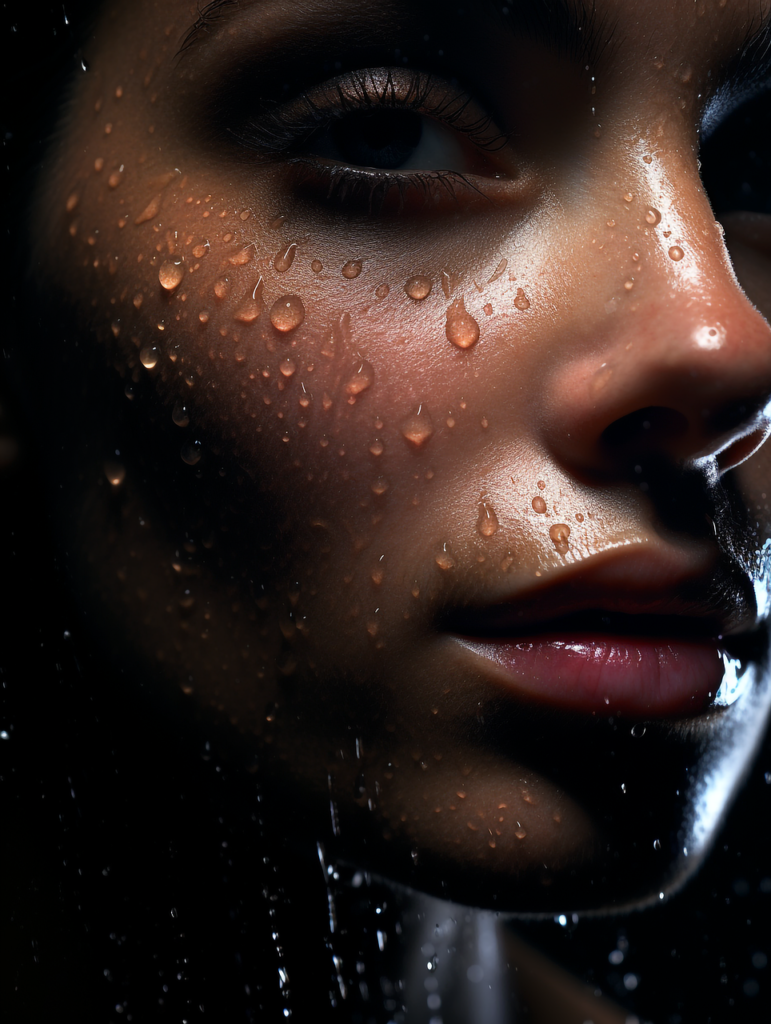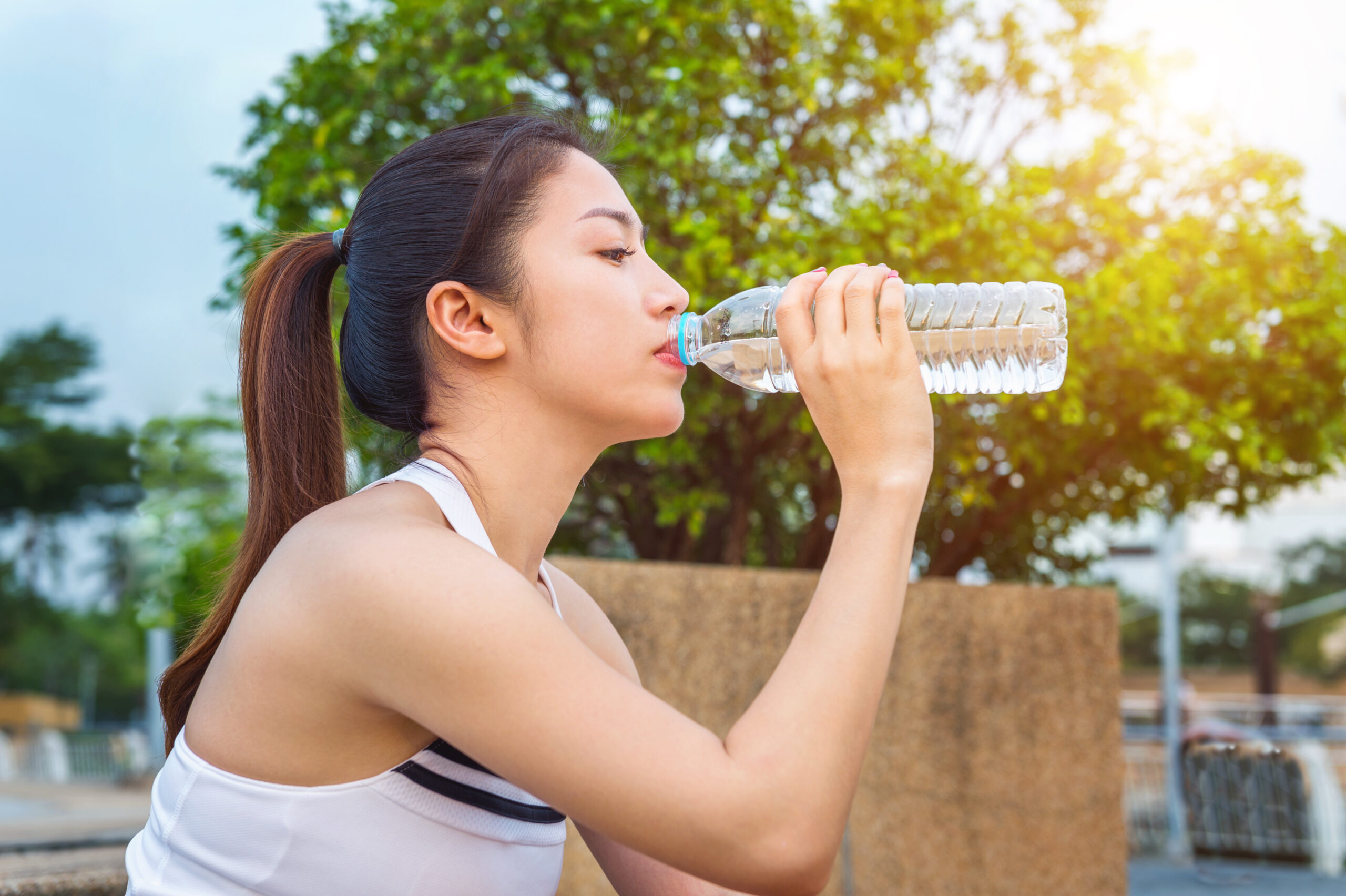Introduction
“Drink more water.”
You’ve probably heard this advice countless times—from doctors, health influencers, wellness blogs, and even coworkers. But have you ever paused to ask, Why is it so bad to drink a lot of water? Or why are people so obsessed with water anyway? Surprisingly, while water is essential to life, there’s a growing conversation around whether our hydration habits are actually helping—or harming—our health.
In this blog post, we’ll explore four interconnected questions:
- Why is it bad to drink a lot of water?
- Why do some people hate drinking water?
- Is it harmful to suddenly start drinking a lot more water?
- Why is water consumption treated almost like a health obsession?
Let’s dive in.

Why Is It So Bad to Drink a Lot of Water?
Water is essential for nearly every bodily function—from regulating temperature to removing waste. However, too much water can be harmful, and in extreme cases, even deadly.
1. Risk of Hyponatremia (Water Intoxication)
Drinking excessive amounts of water in a short period can lead to hyponatremia, a condition where sodium levels in the blood become dangerously diluted. Sodium is essential for muscle function, nerve signaling, and fluid balance.
Symptoms of hyponatremia include:
- Headache
- Confusion
- Fatigue
- Nausea
- Seizures
- In severe cases: coma or death
Hyponatremia often occurs in endurance athletes, such as marathon runners, or people who consume massive volumes of water without replacing electrolytes.
2. Kidney Strain
Your kidneys can only filter about 0.8–1.0 liters of water per hour. Consistently forcing them to filter much more can overburden them and cause electrolyte imbalances, especially if you’re also sweating a lot or on a low-sodium diet.
3. Frequent Urination and Sleep Disruption
Overhydration often leads to polyuria—frequent urination, which can be inconvenient and interfere with sleep. Drinking a large amount of water late in the day might cause you to wake multiple times during the night, reducing sleep quality.
4. Water Soluble Nutrient Depletion
Although rare, overhydration may dilute water-soluble vitamins like vitamin C and B vitamins if your diet is poor and you’re not replenishing those nutrients properly.
Why Do So Many People Hate Drinking Water?
On the flip side, despite the “hydrate or die” mantra of modern wellness culture, many people still resist drinking water. Here’s why:
1. Lack of Flavor
For many, water is bland. Compared to sodas, juices, or flavored coffees, plain water can seem unappealing. Without a strong taste stimulus, some people simply forget or ignore their thirst cues.
2. Cultural and Habitual Preferences
In some cultures or households, people grow up drinking tea, coffee, or juice as their main fluids. Water isn’t always a go-to beverage, so forming a water-drinking habit may feel unnatural.
3. Digestive Discomfort
Some people experience bloating or nausea when they drink plain water on an empty stomach or in large amounts. Cold water in particular can cause cramping in sensitive individuals.
4. Inconvenience
Water isn’t as portable or convenient as packaged beverages. It requires refilling, is usually consumed in larger volumes, and makes people use the bathroom more often—making it less attractive during work, commutes, or social events.
5. Lack of Perceived Benefit
If someone doesn’t feel dehydrated or see a noticeable improvement in skin or energy after increasing water intake, they might conclude, “Why bother?”

Is It Bad to Suddenly Drink a Lot of Water?
The answer is yes, it can be—if not done carefully. If your body isn’t used to high water intake and you suddenly begin drinking liters more per day, there may be short-term consequences:
1. Electrolyte Imbalance
Without gradually increasing your intake or consuming electrolytes (sodium, potassium, magnesium), you risk flushing out these vital minerals, especially if you’re sweating or on medications like diuretics.
2. Bloating and Discomfort
Sudden high intake may overwhelm the digestive system, leading to bloating, stomach aches, or even diarrhea.
3. Frequent Urination and Disruption to Daily Life
Going from 1 liter to 3 or 4 liters daily may result in urgent or frequent urination, which can disrupt work, sleep, and daily routines.
4. Over-dependence on Hydration for Energy or Skin Health
Some people mistakenly believe that any fatigue or skin problem can be fixed with water alone. While hydration is crucial, issues like poor diet, lack of sleep, or hormonal imbalances won’t be resolved by water alone.
Why Are People So Obsessed with Drinking Water?
Over the past few years, water consumption has become almost ritualistic in the health and wellness space. Instagram influencers pose with gallon jugs, water-tracking apps are popular, and slogans like “hydrate or die-drate” are everywhere. But where does this obsession come from?
1. Marketing and Wellness Trends
The bottled water industry is worth billions. Brands, influencers, and wellness personalities constantly push hydration as a cure-all—claiming it improves skin, boosts energy, promotes weight loss, and even detoxifies the body. While hydration plays a role, these claims are often exaggerated.
2. Misinterpretation of Health Advice
Many health authorities recommend 8 glasses of water a day, but this is a general guideline, not a strict rule. Your actual needs depend on:
- Body size
- Activity level
- Climate
- Diet (e.g., water-rich foods like fruits reduce your need to drink)
Still, many people assume more is better—which isn’t always true.
3. Visual Health Culture
Clear, glowing skin is often attributed to high water intake. Though hydration does affect skin appearance, genetics, diet, sleep, and skincare have a far greater impact. Nonetheless, water becomes the visible symbol of a healthy lifestyle—like yoga mats and green smoothies.
4. Fad Challenges and Social Media Influence
Trends like the “gallon challenge” or “75 Hard” encourage people to drink 1 gallon (or more) of water per day as part of a larger discipline challenge. While well-meaning, these trends can encourage extreme behaviors that aren’t suited for everyone.
So, What’s the Ideal Approach?
Water is vital for health. But the key is balance, listening to your body, and avoiding extremes. Here’s what most experts recommend:
✅ How to Stay Properly Hydrated:
- Drink when you’re thirsty.
- Monitor your urine color. Pale yellow is ideal; dark means dehydrated, clear may mean overhydrated.
- Adjust intake based on activity, weather, and health.
- Eat water-rich foods like cucumbers, oranges, melons, and leafy greens.
- Limit diuretics (coffee, alcohol) if they cause frequent urination.
- Consider electrolytes if you’re sweating heavily, exercising, or fasting.
Conclusion: Water—Friend or Foe?
Water is essential. But like all good things, too much of it can be dangerous. While some people hate drinking water due to taste or habit, others become overly obsessed and risk overhydration. The truth lies in understanding your individual needs, avoiding fads, and focusing on balanced, intuitive hydration.
Remember: You don’t need to drown yourself in water to be healthy. You just need to listen to your body—and drink smart.

One thought on “Why Is It So Bad to Drink a Lot of Water (Sometimes)?”